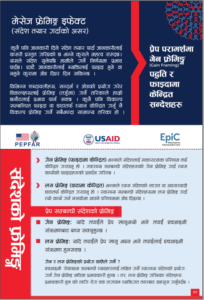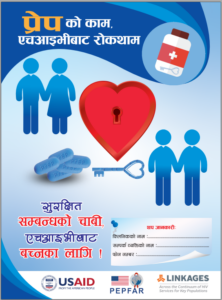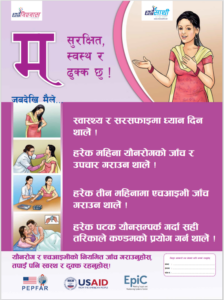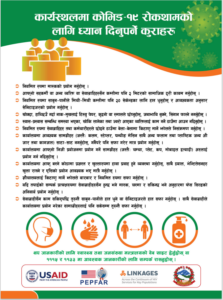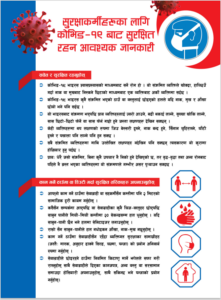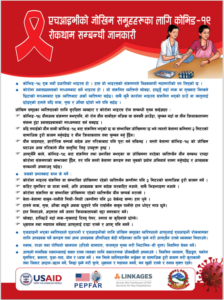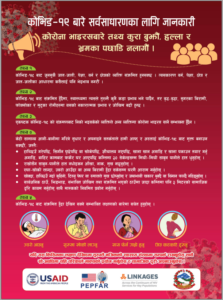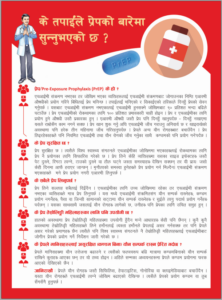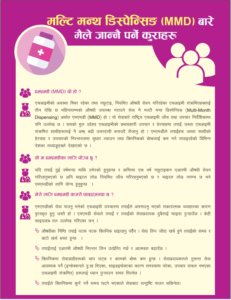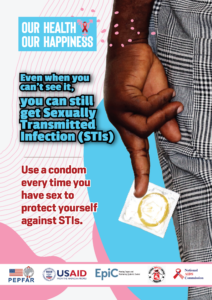HIV and COVID-19 Social and Behavior Change (SBC) Repository of Resources
The Meeting Targets and Maintaining Epidemic Control (EpiC) project has curated a collection of SBC materials and tools developed by its local project teams and used across its country programs to support HIV prevention, care, and treatment as well as COVID-19-related programming. This repository of SBC resources may be useful to other local partners implementing HIV programs and/or COVID-19 response activities. It includes materials and tools intended for a variety of audiences, including program implementers, health care workers and providers, policy makers, and advocates.
The search function allows users to search for materials by topic, country, language, and resource type. Most of these materials are specific to the country in which they were developed. They may be used in their current form or may need to be adapted for use in other settings. To learn more about how these resources can be adapted, please click here.

